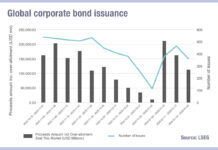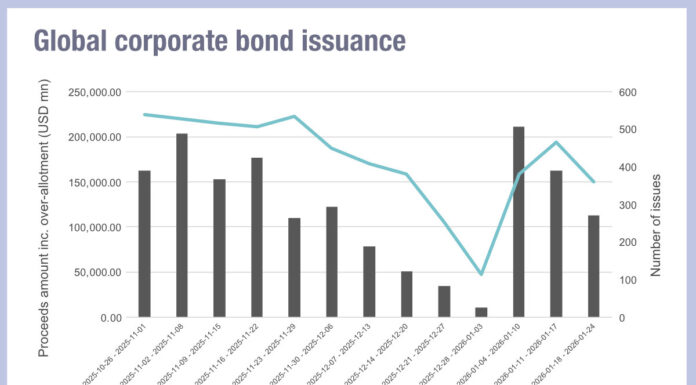A year ago, rumours in the bond markets suggested that Citadel Securities might be planning a move into bond issuance, a move which buy-side traders regarded positively. Since the firm declined to become a primary broker, which would see it support US government bond issuance, these rumours have subsided, however the broker-dealer has decided to take issue with the current connection between primary and secondary market activity.
In a new paper, entitled “Enhancing competition and innovation in US financial markets”, the firm has outlined concerns around conflicts of interest that impact both primary and secondary bond markets.
Bond issuance today is a highly manual operation, creating work for buy-side trading desks to which they can add little value. Electronifying the process has been laborious with many buy-side trading desks feeling that there is resistance on the sell side to change.
While an investment manager is a client to a dealer in the secondary market they are beholden to the dealer in the primary markets, where the bond issuer is the dealer’s client. By controlling the allocation of bonds that an investor is allowed from a new issue, a dealer is able to leverage this relationship in the secondary market, sources suggest.
“FINRA rules seek to mitigate conflicts of interest in the new issuance allocation process by prohibiting underwriters from inappropriately tying or bundling other services, such as secondary market trading, to investor allocation decisions,” notes Citadel Securities. “Specifically, FINRA rules prohibit underwriters from allocating shares of a new issuance ‘as consideration or inducement for the receipt of compensation that is excessive in relation to the services provided by the member.’”
Nonetheless, the firm says, there is evidence that this is conflict of interest does persist.
“Academic research suggests that the amount of secondary market trading activity directed by an investor to a specific underwriter is an important factor in new issuance allocation decisions,” the firm writes. “Tying or bundling secondary market trading activity to new issuance allocations negatively impacts the US corporate bond market, as secondary trading activity is artificially concentrated among a small group of underwriters, thus decreasing market competition and liquidity, and increasing transaction costs for all investors.”
The broker-dealer’s call to action is to have regulators address this directly, which the paper implies would open up competition between broker dealers in the US credit market more effectively.
“We thus urge the Commission and FINRA to ensure that secondary market trading decisions are made separately from the new issue allocation process, and that underwriters cannot condition new issuance allocations on where investors send their secondary market flow,” it writes.
©Markets Media Europe 2025













